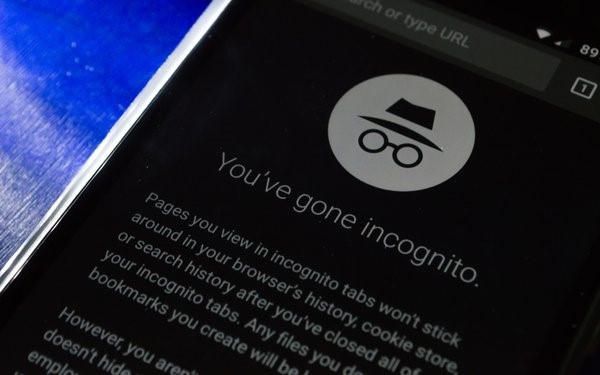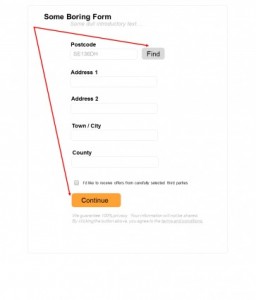Google To Destroy Incognito Browsing Data

Google will destroy data from millions of users’ web-browsing histories as part of a lawsuit settlement, but there’s no word on whether or not purging the data will affect the company’s ad-targeting accuracy rates or large language model training capabilities.
The decision is part of a lawsuit settlement that alleged Google tracked millions of users without their knowledge when they were in incognito mode.
Incognito mode — once thought to be a private browsing setting — was intended as something similar to DuckDuckGo, StartPage and a few others. In this case, Google had designed the feature to not to collect data on users when they were not signed into their account.
“We are pleased to settle this lawsuit, which we always believed was meritless,” according to José Castañeda, a Google spokesperson. “The plaintiffs originally wanted $5 billion and are receiving zero.”
Castañeda said Google is “happy to delete old technical data that never associates the data with users when Incognito mode is used for any form of personalization.”
Incognito mode in Chrome gives users the choice to browse the internet without activity being saved to the browser or a device. Each time someone opens a new incognito tab, websites might be able to collect information about their browsing activity during the session.
Several important changes were made in reference to disclosures to provide clarification on how data is collected and how visible activities are when someone visits a website when using Incognito Mode.
Google believes the class-action suit filed in 2020 misled users about how Chrome tracked the activity of anyone who used the private incognito browsing option.
The lawsuit alleged Google’s marketing and privacy disclosures did not properly inform users of the kinds of data being collected, including details about which websites they viewed.”
The details of the settlement were filed Monday in the San Francisco federal court. It described actions the company will take to change its practices around private browsing.
In the court filing, Google agreed to destroy billions of data points that the lawsuit alleges it improperly collected, to update disclosures about what it collects in private browsing and give users the option to disable third-party cookies in that setting, according to the WSJ.
The settlement also will allow individuals to file claims, but it doesn’t include damages. Attorney David Boies, who represents the consumers in the lawsuit, has already filed 50 suits in California state court.
(9)
Report Post


